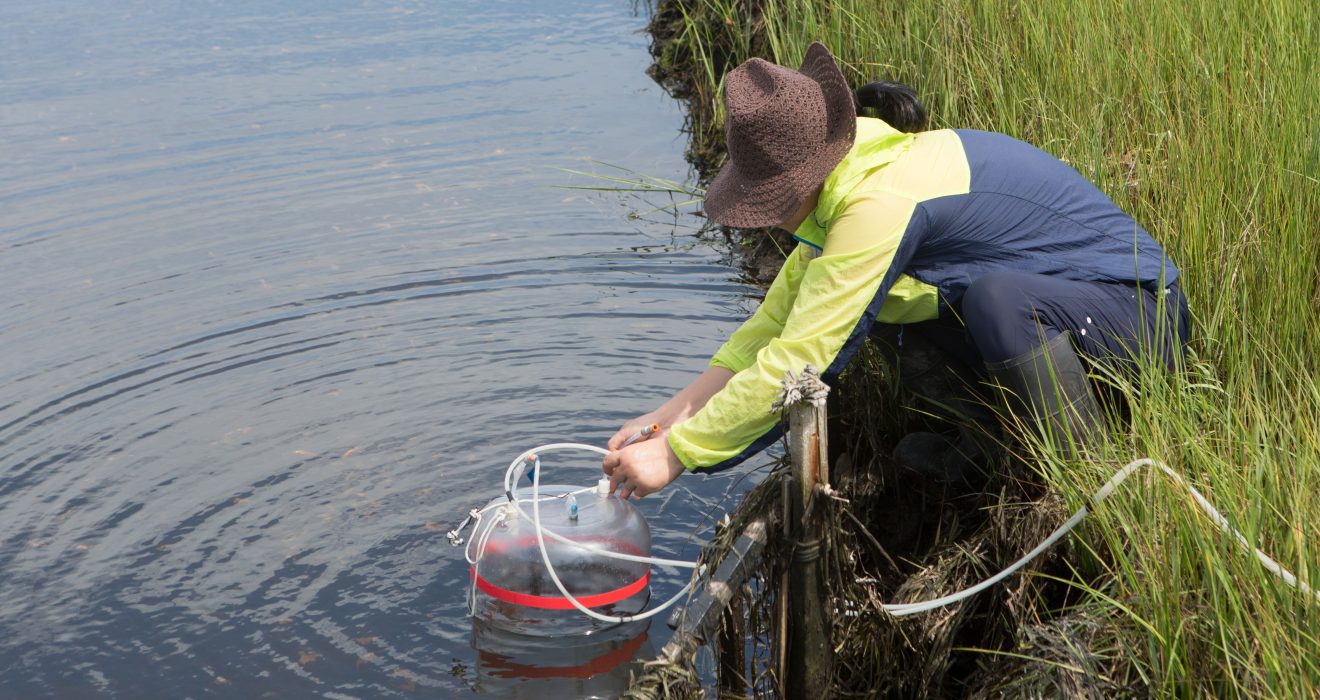In an era of increased urbanization, the value of green spaces in urban areas is becoming more apparent. A recent study has identified a wide range of benefits connected with green neighborhoods, including mental and physical health. The Barcelona Institute for Global Health (ISGlobal) undertook a large-scale study highlighting greenery’s value in [...]










